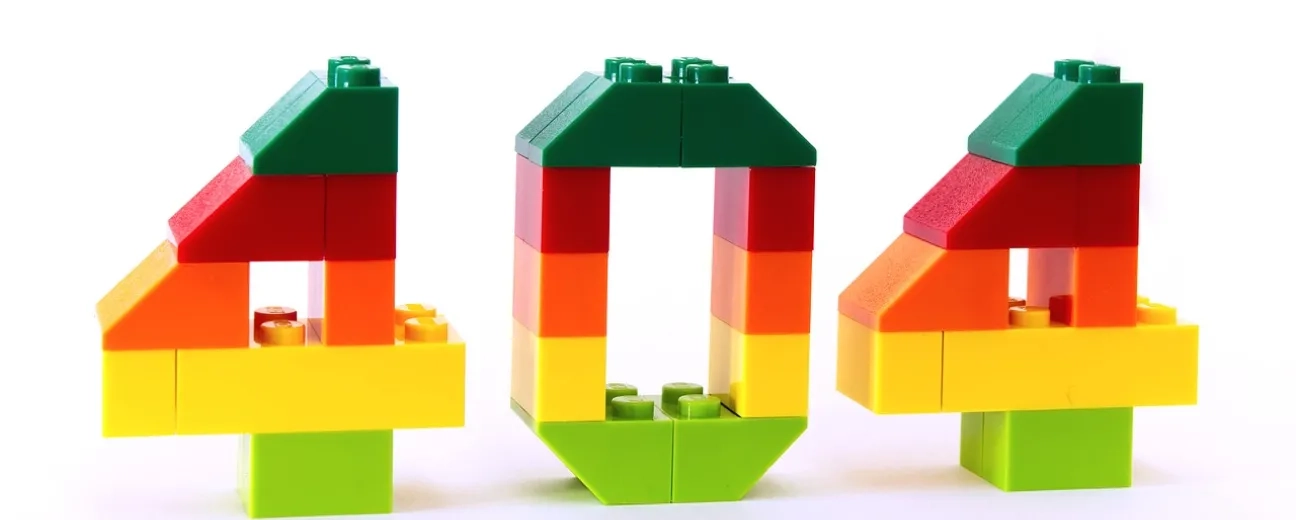
We’re excited to hear your project.
Let’s collaborate!

You've put so much effort into crafting and polishing the content on your Drupal website and it just won't... rank? Why is it that search engines' web crawlers won't index its “juicy” content? Why they won't give your site a big push right to first-position rankings? As it clearly deserves... Could it be because you're making these 10 Drupal SEO mistakes?
Knowingly or just recklessly...
And with the first 5 of them already exposed in the first part of this blog post, I'm keeping my promise and here I am now, with 5 more SEO mistakes that you don't want to make on your Drupal website, ranging from:
And let me just say it: forgetting (or choosing not to) to check those 3 on-page ranking factors:
... is one rookie SEO mistake.
And one costly neglect, too...
Why? Because by simply checking your meta tags, making sure that the content entered there:
you hit 2 birds with just one stone:
Note: Drupal's got your back with a dedicated Metatag module that you should install even before you “release your website out into the wild".
If it takes more than 2 seconds to load... then you'll lose them. Visitors on your Drupal site will lose all interest in accessing that given page.
And could you blame them?
Instead, you'd better:
How? By:
See? Improving your Drupal site's load time is no rocket science and it doesn't require overly complex measures, either. They're no more than... “common sense” techniques.
Assess the resources that implementing them would require and... just do it:
Migrating your Drupal site to HTTPS is a must these days. Just face it and deal with it or... be ready to face the consequences!
Yet, if you overlook to redirect your site to its new HTTPS version, thus sending its visitors out to... nowhere — to error pages — then... it's all but wasted effort and resources.
One of those SEO Drupal mistakes with long-term consequences on your website's ranking.
Leaving broken internal images and missing ALT attributes behind is a clear sign of SEO sloppiness...
And now, here's what we would call a “broken image”:
The result(s)?
Not generating an XML sitemap of your Drupal site is more than just one of those Drupal SEO mistakes that you should avoid: it's a missed opportunity! A huge one!
Here's why:
Note: the sitemap.xml file not only that communicates with and informs search engines about the current content ecosystem on your Drupal site, but will “keep them posted” on any updates of your site's content, as well.
So, what an XML sitemap provides is a prioritized, conveniently detailed and easily crawlable map of your Drupal website meant to ease web crawlers' indexing job.
And the easier it gets for them to crawl through your site's content, the faster your site's indexing process will be.
In short: if the robots.txt file alerts search engines about those pages that they shouldn't crawl into, the sitemap.xml file lets them know what pages they should index first!
Tip: discouraged by the thought of manually building your site's sitemap? Well, why should you, when there are Drupal modules built especially for this?
From taxonomy terms, menu links, nodes, useful entities, to custom links, these modules will automatically generate all the entities that you'd need to include in a detailed sitemap of your Drupal site.
The END!
Just face it now: you'll inevitably continue to make gaffes influencing your site's SEO, no matter how many precautions you might take...
Yet, these10 Drupal SEO mistakes here, ranked from least to most damaging, are the ones that you should strive to avoid at all costs...

We’re excited to hear your project.
Let’s collaborate!